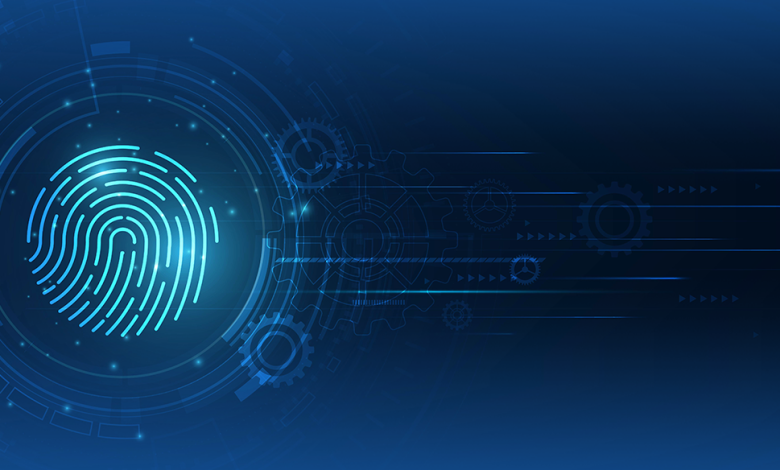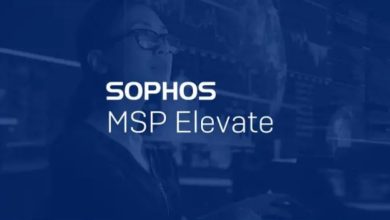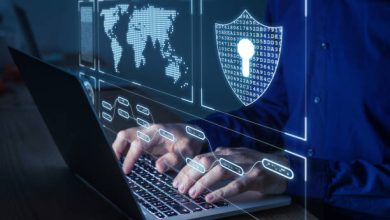Biometric E-Signatures: Defence Against Deepfakes
Addressing the Growing Problem of Deepfakes with UNAWA

Addressing the rising threat of deepfakes in digital transactions, UNAWA has highlighted the role of biometric e-signatures as a secure and reliable solution for legal and business documentation in the Philippines. These advanced technologies safeguard document integrity and ensure only legitimate signatories are involved in digital transactions.
The Growing Threat of Deepfakes
Deepfakes, created using advanced Artificial Intelligence (AI), are increasingly used to mimic real individuals through manipulated audio, video, or images. While often associated with misinformation campaigns, these technologies pose significant risks in the digital transaction space. Fraudulent e-signatures paired with deepfake videos could result in financial loss, legal disputes, and damaged trust in digital platforms.
The Strength of Biometric E-Signatures
Biometric e-signatures authenticate signatories by utilising unique physical characteristics like fingerprints, facial recognition, and voice patterns. Unlike traditional methods, biometrics are nearly impossible to replicate, making them a strong defense against impersonation and fraud.
Key benefits of biometric e-signatures include:
- Immutable Identity Verification. Biometric data, such as fingerprints, are unique and unalterable, ensuring signatories’ authenticity.
- Enhanced Security Layers. By analysing intricate details like facial symmetry and blinking patterns, biometrics provide an additional layer of defense.
- Real-Time Validation. Biometric e-signatures confirm the signatory’s presence, preventing unauthorized use.
UNAWA’s Commitment to Secure Digital Transactions
As a pioneer in digital transformation, UNAWA integrates biometric technology into its e-signature platform, SignSecure, ensuring unmatched protection for sensitive transactions. With biometric authentication, users can confidently execute legal documents, knowing their identities are securely verified.
SignSecure offers:
- Biometric Validation. Advanced security features to confirm the identity of signatories.
- Fraud Detection. Robust mechanisms to prevent unauthorized alterations or fraudulent access.
- User-Friendly Interface. Designed for efficiency and ease of use, ensuring a seamless digital signing experience.
The Role of AI in Combating Deepfakes
Artificial intelligence remains a critical tool in detecting and mitigating deepfake threats. AI-powered systems can analyse submitted videos or audio for inconsistencies and identify signs of manipulation. While these solutions are becoming more sophisticated, widespread adoption of biometrics ensures a solid foundation for secure e-signatures.
Applications Across Industries
Biometric e-signatures are transforming industries across the Philippines, including:
- Banking and Finance. Verifying identities for secure loan approvals and account openings. Protecting patient records and consent forms from unauthorised access.
- Legal Transactions. Preventing fraud in contracts, mergers, and acquisitions.
By integrating biometric e-signatures, businesses can confidently transition to digital operations, mitigating risks associated with deepfakes.
A Call for Digital Security Awareness
Despite these advancements, challenges remain. Many Filipinos are unaware of deepfake risks or the solutions available, while implementation costs and digital infrastructure gaps hinder adoption. UNAWA remains committed to promoting digital literacy and accessibility to ensure businesses and individuals can embrace secure digital solutions.
For more information about UNAWA and its e-signature platform SignSecure, visit unawa.asia.




